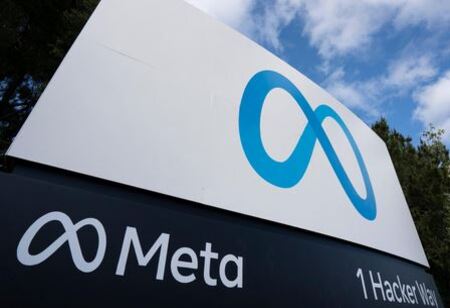
Meta's New Superintelligence Lab Discusses Major AI Strategy Changes

 Key figures at Meta's newly established Superintelligence Lab have considered shifting away from the company's substantial open-source AI model, Behemoth, and instead focusing on the creation of a closed model.
Key figures at Meta's newly established Superintelligence Lab have considered shifting away from the company's substantial open-source AI model, Behemoth, and instead focusing on the creation of a closed model.
Although Meta had finished training Behemoth, it postponed its launch due to lackluster internal results.
When the Superintelligence Lab was launched, testing on this model reportedly came to a standstill.
These conversations are merely preliminary — any alterations would still require approval from Meta CEO Mark Zuckerberg, and a company representative informed TechCrunch that Meta's stance on open-source AI remains “unchanged.”
“Our intention is to keep releasing cutting-edge open-source models,” the representative stated. “We haven’t disclosed everything we've developed in the past, and we aim to continue training a combination of both open and closed models moving forward.”
Also Read: 5 Unique Strategies Used by Modern-day Operational Leaders
While Meta utilizes more sophisticated closed-source models internally, such as those that power its Meta AI assistant, Zuckerberg has made open-source a key aspect of the company’s external AI strategy — viewing it as a means to accelerate AI advancement. He prominently positioned the transparency of the Llama family as a key differentiator from competitors like OpenAI, which he has publicly criticized for becoming more restrictive after teaming up with Microsoft. Nonetheless, Meta is facing pressure to diversify its revenue streams beyond advertising as it invests heavily in AI.
This includes offering substantial signing bonuses and nine-figure salaries to attract top talent, expanding data centers, and addressing the significant expenses associated with developing artificial general intelligence (AGI), or “superintelligence.”
Even with one of the leading AI research laboratories globally, Meta still trails behind competitors like OpenAI, Anthropic, Google DeepMind, and xAI in terms of monetizing its AI initiatives.
If Meta decides to focus on closed models, it could imply that its previous commitment to openness was more of a tactical decision rather than a principled stance. Zuckerberg's prior remarks suggest a certain ambivalence about fully embracing open sourcing Meta’s models. During a podcast last summer, he expressed such views.
Adopting closed models would allow Meta greater control and additional avenues for monetization — particularly if it believes the talent it has gathered can offer competitive, top-tier performance.
This pivot could also alter the AI landscape significantly. The momentum behind open-source, which has been largely driven by Meta and projects like Llama, might wane, even as OpenAI prepares to release its long-awaited open model. The balance of power could return to major entities with closed ecosystems, while the advancement of open-source development could remain reliant on grassroots initiatives. The impact would resonate throughout the startup landscape, particularly affecting smaller firms dedicated to fine-tuning, safety, and model alignment that depend on access to open foundation models.
Also Read: Aaron Chatterji and Scott Schools In For OpenAI
Globally, Meta’s withdrawal from open-source could potentially grant an advantage to China, which has proactively adopted open-source AI—such as DeepSeek and Moonshot AI—as a strategy to enhance domestic capacity and broaden its global influence.

